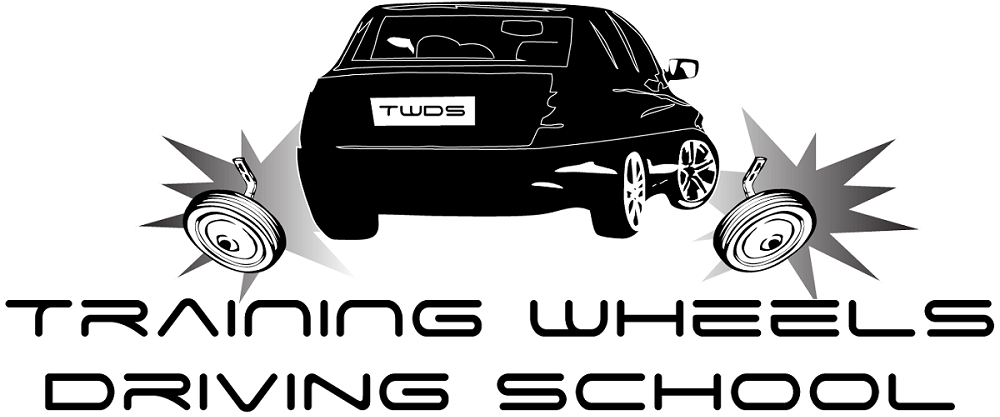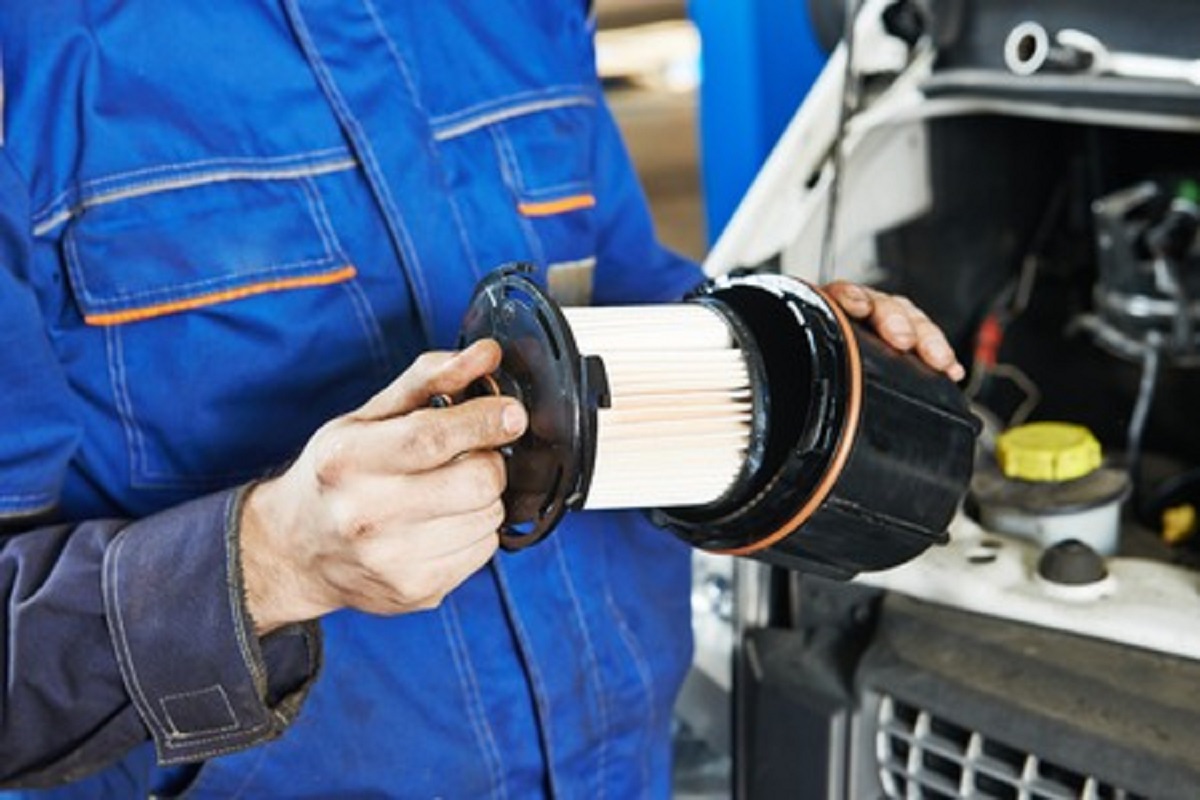As all drivers should be made aware, among the most important of maintenance items in a vehicle is the oil filter, the primary purpose for which is lubricating the vehicle’s engine and carrying contaminants through the filter in order to get them out of the oil. This filter works side-by-side with the engine’s oil in order to keep contaminants from getting into the engine. Given how many contaminants it keeps from the engine itself, it’s absolutely essential that car owners change their oil filter regularly, typically around every 7,500 miles. When they don’t, the car starts displaying signs of the filter’s overuse, some of which include the following.
Performance Deteriorates
When a vehicle’s performance level begins to suffer, the vehicle’s speed won’t pick up as much as it should, and the vehicle’s accelerator won’t feel like it’s working properly. You can still hear the engine running, but it won’t perform at the level you were used to previously. These are signs that drivers should watch for, especially because driving on these low levels of performance for extended periods could damage crucial parts of the vehicle.
Sputtering
A vehicle that is sputtering—specifically a succession of soft, explosive sounds can be heard—is due most likely to a stopped-up oil filter. When this is allowed to happen, the filter won’t release oil as it’s intended to, and the car won’t be able to maintain the speed you want. Even when sputtering is light, it can easily result in much greater issues.
Metallic Sounds
Whenever the sound of metal grinding against metal can be heard while the engine is working, this is because of a lack of engine oil. Those metallic sounds in the engine indicate that you have to pull the vehicle over as soon as possible before further damage can be done. At this point, you need the filter repaired and more oil added to the system.
Dipping Pressure
All cars actually display oil pressure through a dashboard gauge, which drivers can easily see if their pressure begins to drop while moving. Any steep drops in oil pressure are causes for concern. Usually, the oil pressure shouldn’t decrease by more than a fraction of a percent during driving, so rapid changes in pressure could indicate serious problems in the vehicle.
Dirty Exhaust
If an oil filter has clogged up, the exhaust leaving the vehicle might be dirty or black. If this occurs, you should be able to smell burning oil while it passes to the exhaust pipe—these types of odors clearly indicate when drivers must bring their vehicle to a local repair shop immediately for assistance. A service technician can replace the filter, fix the oil system’s clog, and eradicate any sludge that made it into the vehicle.
Think you or someone you know is in need of Behind the Wheel Training? Training Wheels is an Atlantic City driving school specializing in teaching new teen drivers how to stay safe on the road. For more information on our lessons, please click here.
Copyright: kadmy / 123RF Stock Photo

